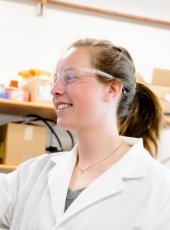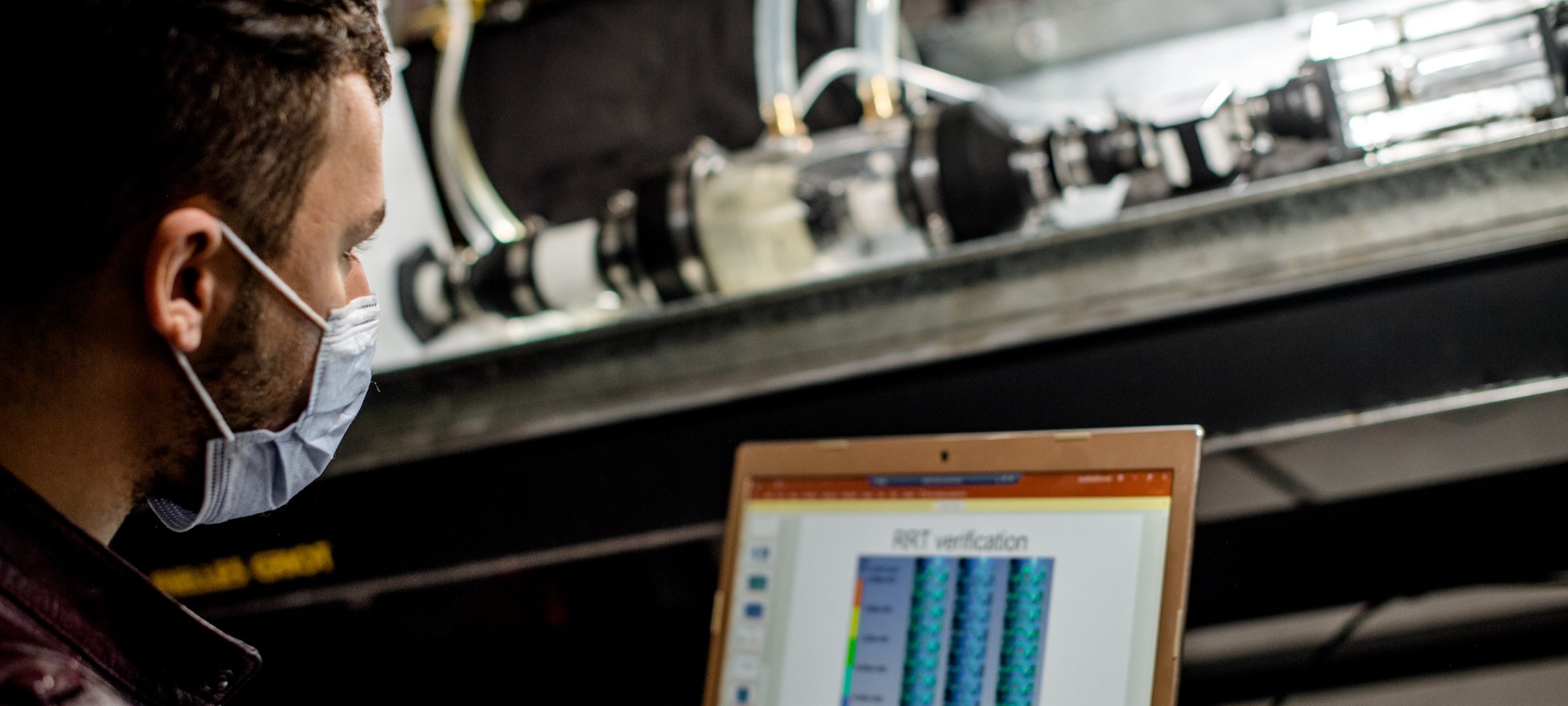The Bachelor of Science in Biomedical Engineering is at the intersection of engineering and biology. Help others through preserving and restoring health.
The discipline seeks to enhance the many facets of health care. Develop methods for repairing and replacing damaged or diseased organs. Measure the internal structures of the human body in health and in disease. Develop new diagnostic tools. Apply technology in other ways to make our lives healthier and safer.
Request Information
Form loading . . .
Tomorrow Needs a Focus on Living Systems
Biomedical engineers specialize in understanding living systems. Learn to predict the body’s interactions with external materials or devices. The goal is to reduce the risk of adverse effects. Draw upon many engineering disciplines to solve complex problems. Be on the front lines of biology, medicine, and research and development:
- Designing prostheses or artificial organs
- Engineering cells to regenerate diseased or injured tissue
- Developing new materials, such as stents, for implantation in the body
- Conducting clinical trials of new medical devices
- Combating disease with research
- Building customized devices for unique health care or research needs
- Collaborating with researchers and other health care professionals on medical solutions
- Designing ergonomic equipment and workplaces
Engineering Enterprise Concentration
You can pursue an Enterprise concentration by taking part in Michigan Tech's award-winning Enterprise program. It's a great way to enhance your undergraduate degree. Enterprise is when students work in teams on real projects, with real clients, in an environment that's more like a business than a classroom. Choose from among 25 Enterprise teams on campus to invent products, provide services, and pioneer solutions. Tackle real-world design projects for industry sponsors or take part in a national competition (or both). This concentration can add courses in business and entrepreneurship.
My Story: Carolynn Que, MTUengineerWorking in the lab helped me understand my coursework better because I could relate it to real-life applications. And I’m a published author. I am a co-author on a paper published in Materialia with others in the works.



